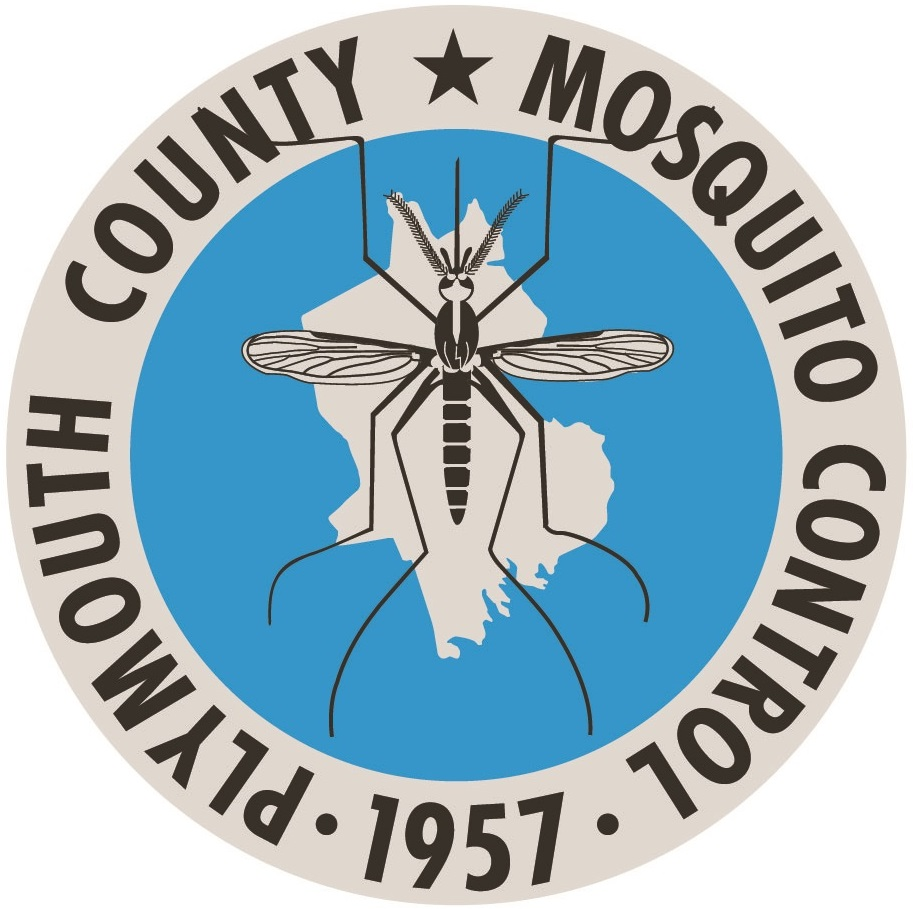Surveillance
Plymouth County Mosquito Control Project uses a variety of mosquito surveillance techniques. The goal of the program is to monitor mosquito populations and identify areas within the district with where problems may exist. Once a problem is identified appropriate action is then taken to reduce mosquito numbers in that area.
PCMCP participates in the Abrovirus Surveillance Program run by the Massachusetts Department of Public Health. The program monitors disease activity and uses the data to estimate human risk of acquiring disease from mosquitoes. DPH’s program is one of the country’s oldest. As a result, we benefit from a knowledge base that is not available in other states.
DPH’s program has many facets. It includes mosquito collection and testing of mosquitoes and testing of mammals for mosquito borne diseases. While the program is focused on West Nile and Eastern Equine Encephalitis Virus, DPH also tests humans for imported diseases such as Zika. Based on test results DPH makes human risk assessments. These risk assessments are updated weekly and are available on their web site (see Links page).
Historically, Plymouth County is very active for Eastern Equine Encephalitis Virus. DPH collects mosquitoes at historic EEEV sites within the district and traps at additional sites on an as needed basis. PCMCP supplements these efforts by trapping at other sites known to have EEEV activity. We also run traps designed to capture the mosquito responsible for the transmission of WNV. PCMCP submits mosquitoes for testing between July – September.
In addition to disease surveillance we are also monitoring for the Asian Tiger Mosquito. The mosquito is an introduced insect that is capable of transmitting diseases such as Zika and Dengue. The program consists of placing cups attractive to mosquitoes wishing to lay eggs. The eggs are collected and hatched. The resulting larvae are identified to species. To date we have identified the Asian Tiger Mosquito in Mattapoisett and Wareham.

